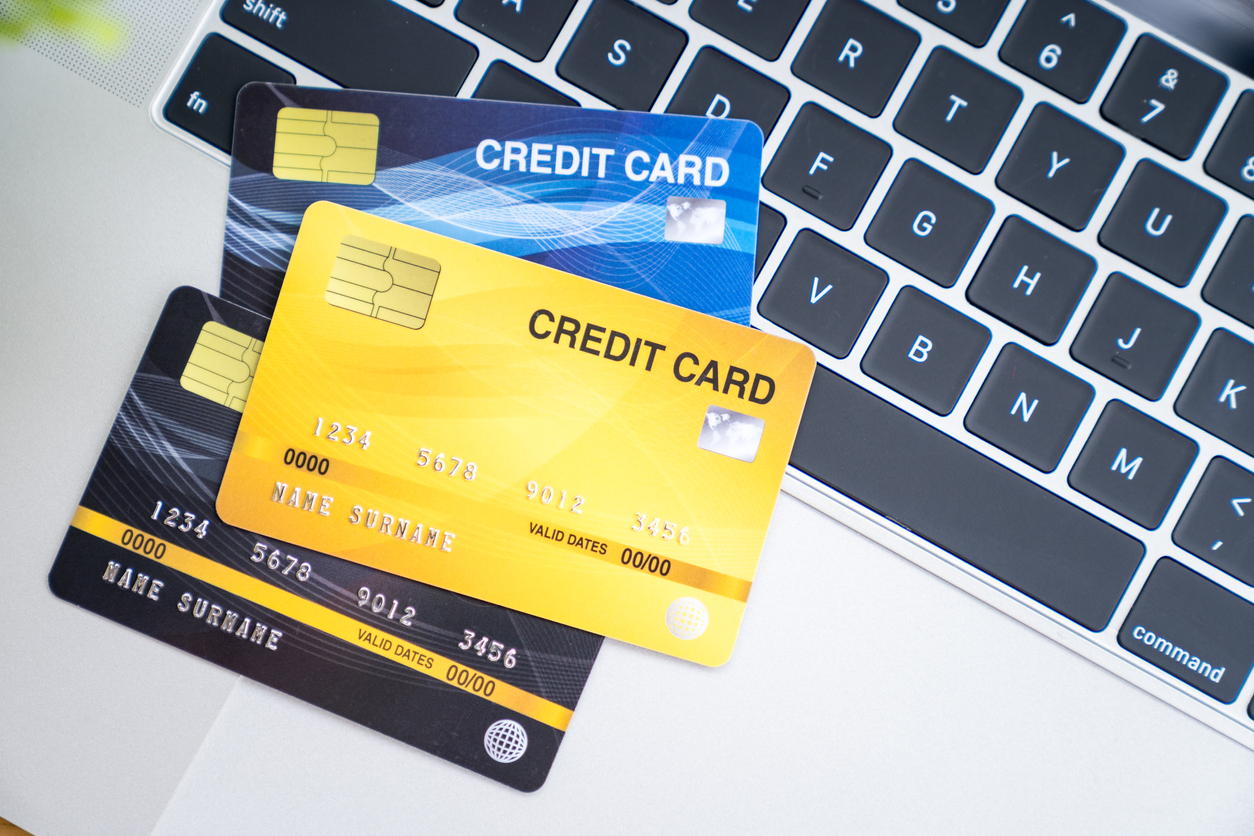What’s the Difference Between Credit and Debit Card Chargebacks?

The origin of the chargeback is forever tied to credit cards. Still, there are other “pieces of plastic” that can induce chargebacks, such as a debit card. To better understand your online business and chargebacks in general, you should be able to differ the dangers these two types of cards can pose to a merchant’s business.
Chargeback dispute definition
A chargeback is the process initiated when a customer disputes a charge with their card’s issuing bank. Putting their differences and characteristics aside, a debit card chargeback is filed for the same reason as a credit card chargeback. Cardholders contact their bank to reverse their charge, unwilling or unable to try and solve an issue with the merchant, or because of fraud.
The difference between credit card and debit card disputes
While a credit card transaction merely registers a debt, debit card transaction pulls cash directly from the cardholder’s bank account.
With this in mind, the banks are keener to take an aggressive stance on disputed credit card transactions, because a cardholder’s debt comes with interest. Simply put, they don’t make money unless the debt is acknowledged by the cardholder and paid back.
The customer is more motivated to talk to the merchant directly if he or she is not satisfied with the transaction when paying with a debit card because he or she loses real money in real-time. Even if it is resolved in the cardholder’s favor, the chargeback process won’t get the money back as fast as a refund would.
Liability: Credit Card vs Debit Card
Another advantage credit card holders have over debit card holders is that in cases of identity theft or fraud, they have a federally-mandated liability limit. The Fair Credit Billing Act (FCBA) mandates that they are not liable for more than $50.
On the other hand, debit card fraud protection isn’t covered by the FCBA. These transactions fall under the Electronic Funds Transfer Act (EFTA), which is considerably different. Debit cards have the same $50 liability cap at first, but there’s a time limit attached to it.
To get a clearer picture, here’s a comparison of the credit card chargeback (CC) and debit card chargeback (DC) disputes in different phases of the process:
| Debit Card | Credit Card | |
|---|---|---|
| Initial transaction | Cash direct from account | Register’s debt owed |
| Cardholder liability cap | $50 to total purchase value if reported within two days, $500 if reported within 60 days | Generally $50 |
| Dispute Timeline | Much shorter, due to limited consumer protection | Longer (as fraud protection does not change based on time) |
| Refund Timeline | Up to 10 days | Generally within 1-2 business days |
Where do customers stand?
Credit cards offer customers better fraud protection because of the interest that issuing banks have on each and every one of customers’ payments; banks make money on credit card purchases, which is not the case with debit cards. In the case of a debit card dispute, money is immediately drawn from their account and can cause overdrafts. Even worse, if the customer has linked accounts, a fraudster might be able to access all of the linked accounts and clean all of them.
Unlike credit cards, debit cards need a cash refund when it comes to disputes. This could take a week at best because of the nature of transaction processing.
Where do merchants stand?
As far as merchants are concerned, most important differences concern transaction fees and the timing. The credit card chargeback process can go unresolved longer than the debit card chargeback.
One more thing that makes an important difference is that a debit cardholder has more liability, so the chargeback amount may come out less than the total transaction amount. And again, debit cardholders that have less time are more likely to ask for a refund than go through with a chargeback.
Still, by the time disputes reach the chargeback stage, the merchant’s recourse to fight the customer’s chargeback is the same, no matter if it was filed by debit or credit cardholder. While cardholders get majority of their money back when they file a chargeback for fraudulent activity, merchants must fight the chargeback to recover anything at all. Even if they find success fighting the chargeback, they still have to cover the chargeback fees.
To the merchant’s acquiring bank a chargeback is what it is. Every chargeback — no matter of the type of payment card — negatively affects the chargeback ratio of the merchant.
What can merchants do?
Unfortunately, frauds are not something that merchants can do much about. What they can do is strive and provide top-notch customer service — and keep their clientele informed of fraud policies.
If customers trust the merchant to help them resolve a fraud issue easier and faster than the bank, they’re prone to reach out first. Otherwise, merchants can expect to spend a great deal of time and resources to fight chargebacks.
Compared to other transaction disputes, debit card disputes are not that common, but they can still harm the merchant. Conclusively, the best practices to avoid debit card chargebacks also help merchants avoid credit card chargebacks.
If you can’t seem to manage chargebacks and feel like you still don’t understand this topic well enough, the best solution for your business is to hire a chargeback management company such as ChargebackHelp. You focus on your core business while we eliminate your chargeback pain-point, recover lost revenue and improve your payment processing performance.
Reach out to us today to learn more. We are happy to answer all the questions you may have! Drop us a chat down on the right, shoot us an email, or go old-school and call us 1.800.975.9905






